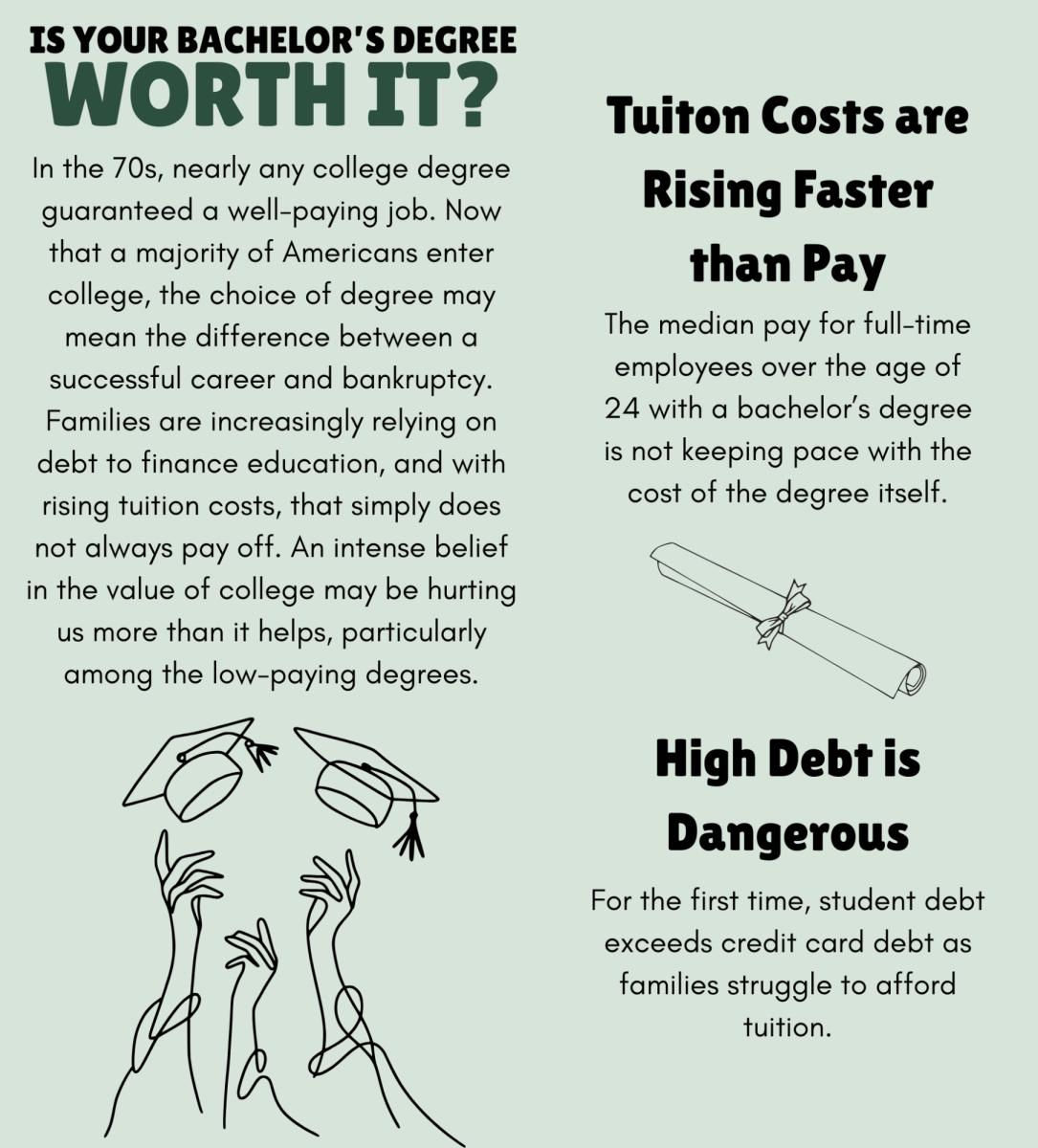Ever since humans first learned to grow their own food, farmers have been saving seeds to produce the next crop. This practice has been essential for over a millennium since it encourages sustainability and stronger crops.
Unfortunately, the relatively new idea of copyrighting seeds has all but put an end to this traditional relationship. Large agribusiness corporations patent the seeds, effectively turning them into intellectual property. According to The Organic Seed Alliance, if a seed holder can prove that the plant is new, distinct, uniform and stable, that entity is granted strict control over who grows it.
It may seem like giving the “creator” of the seed that much control is warranted, but the effects this practice has had on both farmers and consumers show that greed is the driving force behind these seemingly innocuous patents.
The U.S. Department of Agriculture has estimated that since 1990, “seed prices for crops grown predominantly with genetically modified (GM) traits rose 463 percent.” Compared to the increase of 170 percent for average crop seeds, it is clear that corporations are using their authority to drain more money from farmers.
Because the seeds are considered intellectual property, farmers who attempt to save seeds from the crops that they grow to use later on can face serious legal and economic repercussions. The Texas A&M AgriLife Extension explains that saving seeds could leave farmers responsible for injunctive relief (prevent future wrong or harm by one party to another), compensation to the patent holder (often lost profits and/or lost royalties), treble damages (three times the amount of actual damages) and attorney’s fees.
Though the ability to copyright seeds does encourage companies to put funds toward research and development, these restrictions force agriculturists into a cycle of dependence on seed corporations by making them purchase new seeds, often at inflated prices. Similar to tariffs, higher prices for producers mean more money out of consumers’ pockets.
Seed monopolization has severe implications for sustainability and farmer sovereignty. Giving corporations so much power over agriculture increases our dependence on a handful of powerful companies. While completely dismantling seed copyrighting would discourage innovation, farmers and consumers are continuously harmed by the current system. Loosening these restrictions would put more power into the hands of farmers and keep more money in your wallet.





